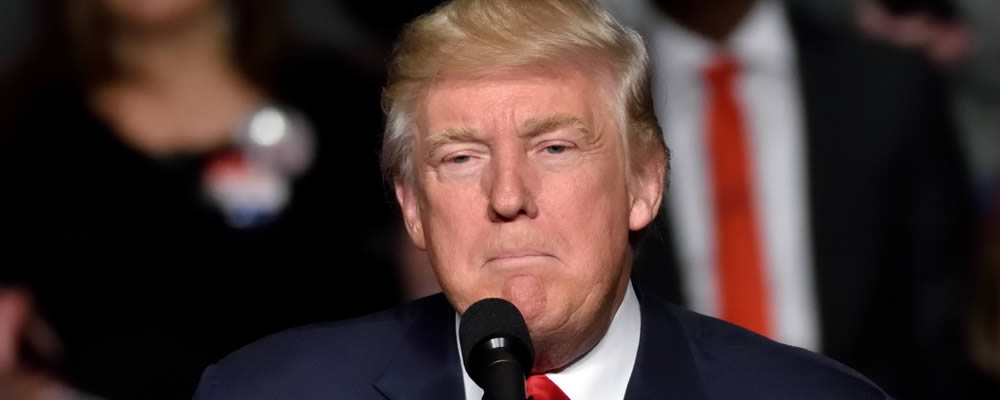US Government Shutdown Ceases, Massive Spending Plan Signed into Law – USD Exchange Rates Stabilize
The US government experienced a brief shutdown overnight when the Senate missed a voting deadline, with Senator Rand Paul effectively delaying consideration of the bipartisan budget package due to concerns over the enormity of the spending proposed.
This has now ended, however, with the House approving the bill by 240 votes to 186 and the Senate passing it by 71 to 28 some three hours earlier.
Republican House Speaker Paul Ryan described the bill as ‘a great victory for our men and women in uniform’, pointing to the bill’s substantial military spending budget.
He continued:
‘Ultimately, neither side got everything it wanted in this agreement, but we reached a bipartisan compromise that puts the safety and wellbeing of the American people first’.
So, what does this mean for the markets?
This was the second US government shutdown of 2018, but having such a short duration the negative effects were predominantly minimised.
The US Dollar also continues to ride a wave of optimism after recent hawkish statements from US Fed members – particularly with Philadelphia Fed President Patrick Harker being open to one as early as March.
Combined, this kept the Euro US Dollar (EUR/USD) exchange rate within a narrow band.
Euro (EUR) Exchange Rates Find Support in Upbeat Italian, French, Industrial Production
The Euro US Dollar (EUR/USD) exchange rate mostly remained within a narrow band on Friday, though some upbeat data releases from the bloc did give the single currency a little boost.
Industrial production in France climbed by 0.5% in December, smashing the previous period’s contraction of -0.5% and beating the market expectation of a rise of 0.1%.
Italian industrial production similarly pleased the markets by rising in both the monthly reading and the yearly reading, with a jump of 1.6% and 4.9% respectively.
These readings, whilst minor, helped provide some support for the Euro, though markets are now predominantly waiting for next week’s Eurozone growth readings for a more comprehensive insight into the bloc’s economic performance.
This will include German GDP and inflation, Italian GDP, Eurozone industrial production and Eurozone GDP.
EUR/USD Exchange Rate Forecast: German Coalition Vote in the Spotlight
Chancellor Angela Merkel’s Conservatives (CDU) and Martin Schulz’s Social Democrats (SPD) have finally clinched a deal, though not without significant concessions.
The deal – attained some four months after Germany’s election stalemate –ceded the pivotal position of Finance Minister to the SPD in exchange for Merkel’s fourth term in power.
Schulz himself originally intended to take up this position, though after much condemnation Schulz has now stated that he will not be joining the federal government – an effort to end personnel debates within his party.
There is, however, a significant hurdle remaining:
The SPD’s 464,000 members will have a chance to scupper proceedings in a ballot, with the results set to be announced on the 4th of March.
This could throw a wrench in Merkel’s plans, with a significant portion of the SPD’s grassroots members remaining highly sceptical of another coalition with the CDU after suffering the worst election result of the post-war era.
If the SPD does not approve of the deal then Germany could face a return to the polls, a prospect that would create huge levels of uncertainty for the bloc’s largest economy and potentially shift EUR/USD into the US Dollar’s favour.



